When hired to do a job, it’s important to follow all of the protocol that your client outlines for you. Don’t touch this, watch out for that, and by all means, never go over there. But what if it’s impossible to accomplish your job without breaking a few rules?
Below, you’ll find a story that was recently shared on the Malicious Compliance subreddit, detailing how a contractor found out that breaking the rules and getting fired actually worked in favor of himself and his whole team. Enjoy getting the full scoop, as well as reading some of the comments amused readers shared.
This contractor needed a phone while working to keep in contact with his boss
Image credits: halfpoint (not the actual photo)
But after one warehouse refused to let him make calls, he decided to let his boss come find a solution
Image credits: LightFieldStudios (not the actual photo)
Image credits: therandomuser84
Later, the contractor shared even more details about the situation
Working as a contractor has become increasingly common in recent years
There are a wide variety of professions that can work as contractors: anything to do with construction, photographers, roofers, graphic designers, writers, drivers, plumbers, home inspectors, artists, carpenters, and more. And while these jobs might not always be as stable as clocking in at a 9-5 every single day, there can certainly be benefits to working contract to contract.
According to The Balance, working as a contractor can be more flexible than being an employee, you might be able to be your own boss, you may be able to work from anywhere, and you might have the freedom to curate a healthier work-life balance. In fact, 31% of Americans reported to the Pew Research Center in 2021 that gig work was their main job, and the gig economy is expected to have grown by 130% during this year.
However, problems can arise when a job doesn’t go according to plan. It can become complicated when a client wants to end their contract or a contractor is unhappy with their arrangement. Contractors also might not see the benefits of health insurance and paid time off provided by their employers.
But it can be challenging when issues arise with clients
If a client wants to end their contract with someone they’ve hired to complete a job, it’s important first that they read every detail of the document they’ve signed. Deel explains on their site that every contract should include termination provisions, detailing how exactly either party can end a contract.
Some of the most common reasons for terminating a contract are workers who become non-communicative or unresponsive, who deliver poor quality work, who repeatedly miss deadlines, breach terms of the contract, commit intentional misconduct, or evade income taxes. In this specific case, however, it appears that the phone rule was not present in the contract and the workers were informed of it upon showing up to do their jobs.
Deel also explains that contractors must always be paid for the work that they’ve already completed, regardless of how happy the client was with their work. But depending on the contract, they may be required to pay for the entire job as well, considering that they were the ones who chose to terminate the contract. It can also be wise to give contractors a warning before deciding to end a contract on a whim. If the client communicates what they want to see change and explains that they intend to end the contract if there are no improvements during a certain amount of time, they might be able to get what they want without the drama and hassle of firing their contractors.
Dealing with a micromanaging boss or client almost never goes smoothly
In this particular case, it appears that the boss who refused to allow phones in the workplace might be a bit of a micromanager. Unfortunately, micromanaging is incredibly common among bosses, as 79% of workers say they’ve experienced it, and the same percentage of employees admit that it has interfered with their performance at work.
This kind of behavior usually stems from a boss having a lack of confidence, trust issues, being unaware of healthier leadership styles, fearing the loss of control, or having a fear of missing out, but that doesn’t excuse the negative impacts it can have on employee morale. It can be helpful to communicate clearly with a micromanaging boss and try to understand where they’re coming from, as to not take their behavior personally, but sometimes, it’s enough to remove yourself from the environment altogether. In fact, 39% of employees say they’ve changed jobs to get away from a micromanaging boss in the past.
We would love to hear your thoughts on this situation in the comments below, pandas. Have you ever had to deal with a similar situation in the workplace? Feel free to share, and then if you’re interested in reading another Bored Panda article, we recommend checking out this one featuring even more malicious compliance!
Amused readers shared their reactions and similar experiences they’ve had, and the contractor continued the conversation
Others added their thoughts on the “no phone” policy and poor management as well
I'm a freelance interpreter. I am a VENDOR. No one at the companies I work for know the ins and outs of my job - they just know that they think will/want to happen. I am on my phone or tablet when I'm not interpreting. This is to learn more about the company I am doing the job for. If I'm working with a team and I'm the monitor interpreter I am finding vocabulary, etc. I also miss out on offered jobs if I don't look at my phone regularly and I couldn't afford to keep this job. I'm NOT on my phone while actively interpreting. You can't think in two languages at once and do other things at the same time (one of the many reasons we never participate). Once I was at a place with so many rules on the employees that everyone ended up quitting about a month later and they had to close (small company). I did a four day job there and there were two of us. Pissant manager (who did not hire me) tries to TAKE MY PHONE OUT OF MY HAND. I told him not to touch me or steal my phone.
I'm a freelance interpreter. I am a VENDOR. No one at the companies I work for know the ins and outs of my job - they just know that they think will/want to happen. I am on my phone or tablet when I'm not interpreting. This is to learn more about the company I am doing the job for. If I'm working with a team and I'm the monitor interpreter I am finding vocabulary, etc. I also miss out on offered jobs if I don't look at my phone regularly and I couldn't afford to keep this job. I'm NOT on my phone while actively interpreting. You can't think in two languages at once and do other things at the same time (one of the many reasons we never participate). Once I was at a place with so many rules on the employees that everyone ended up quitting about a month later and they had to close (small company). I did a four day job there and there were two of us. Pissant manager (who did not hire me) tries to TAKE MY PHONE OUT OF MY HAND. I told him not to touch me or steal my phone.



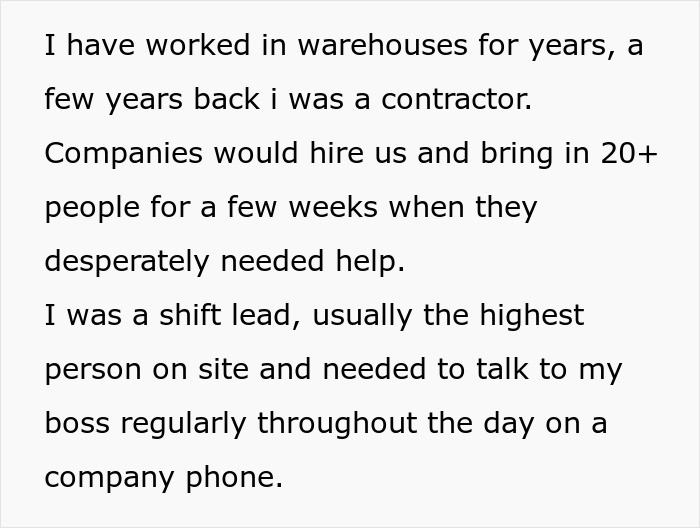
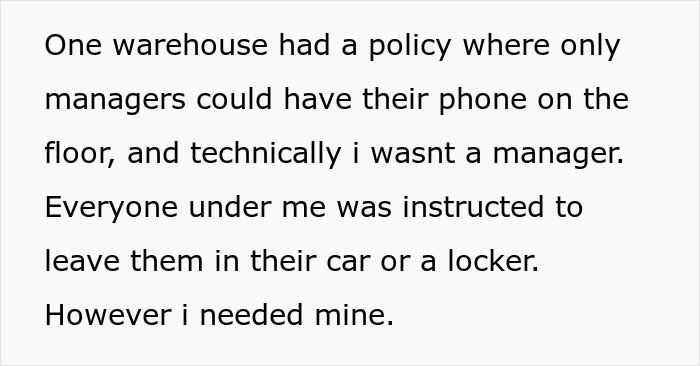

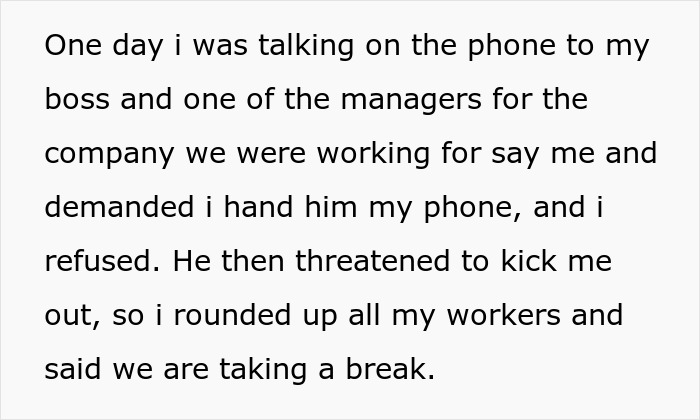
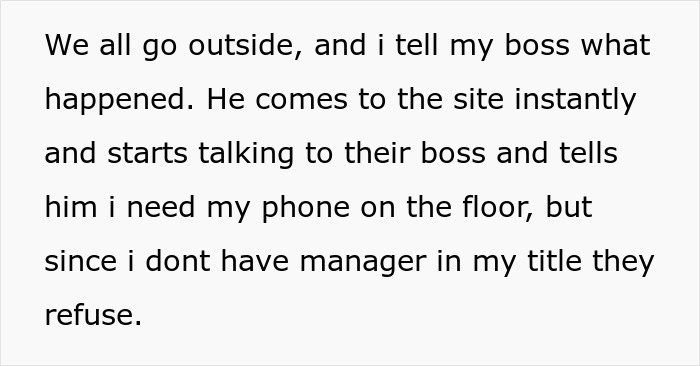
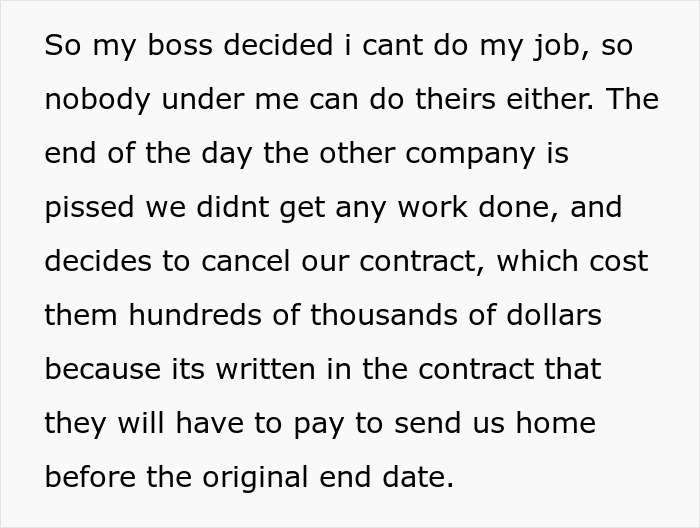


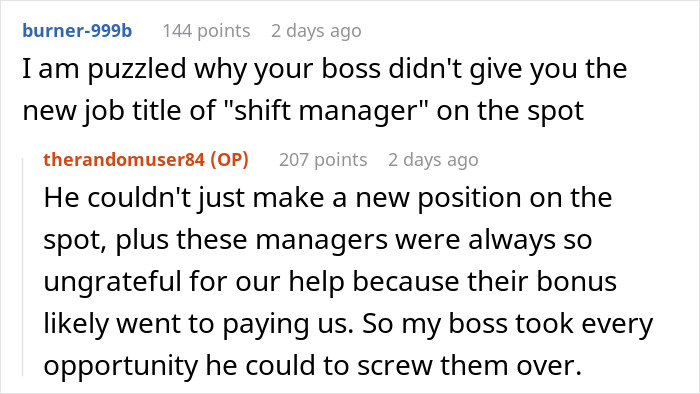
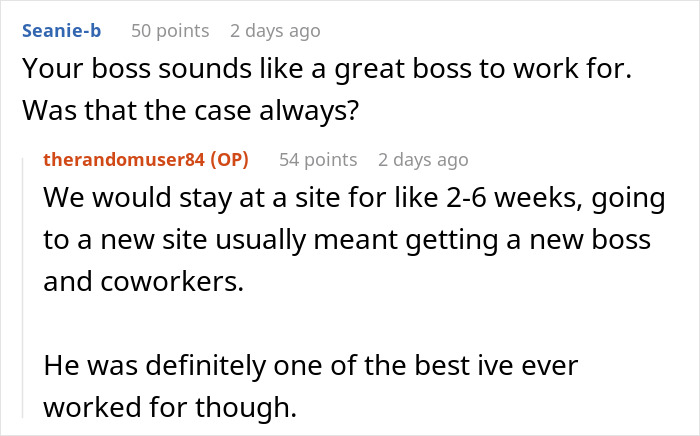
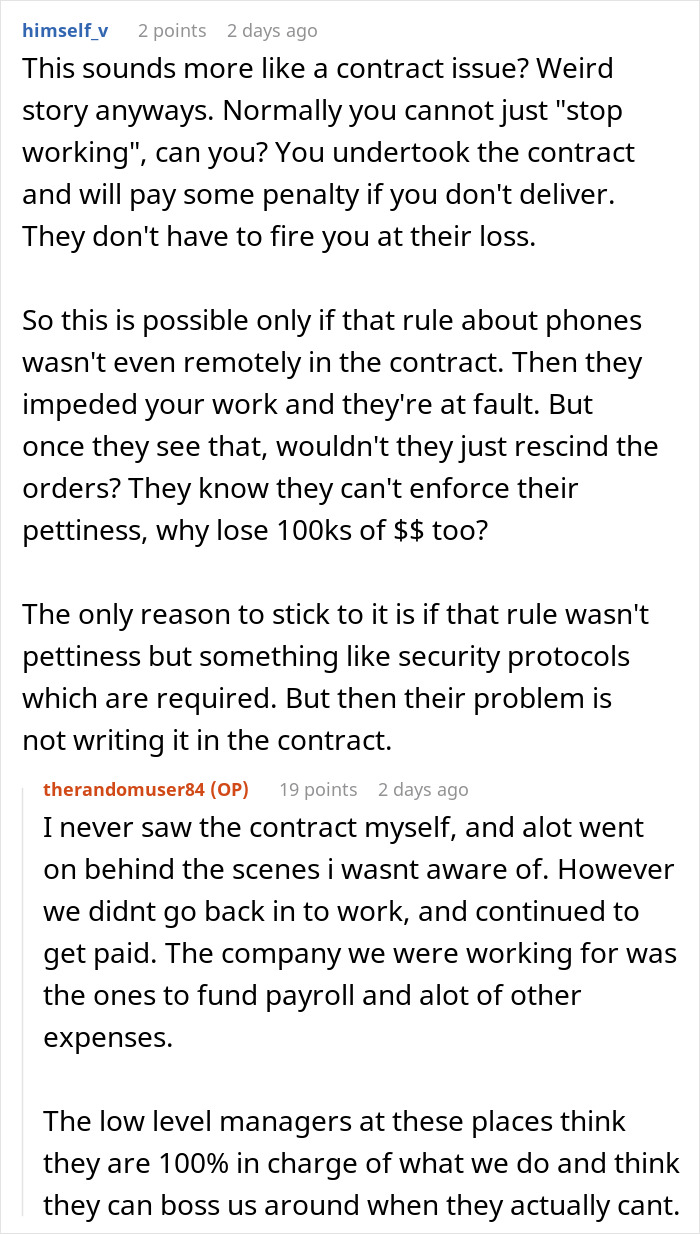
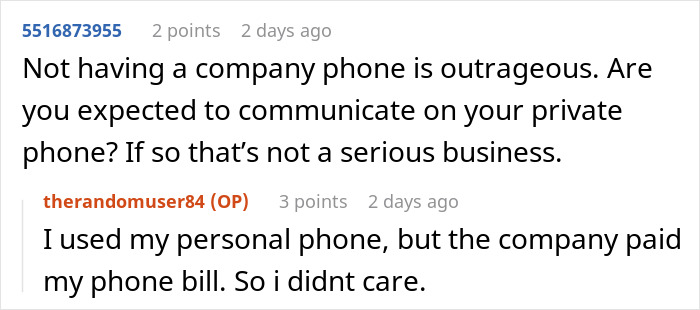
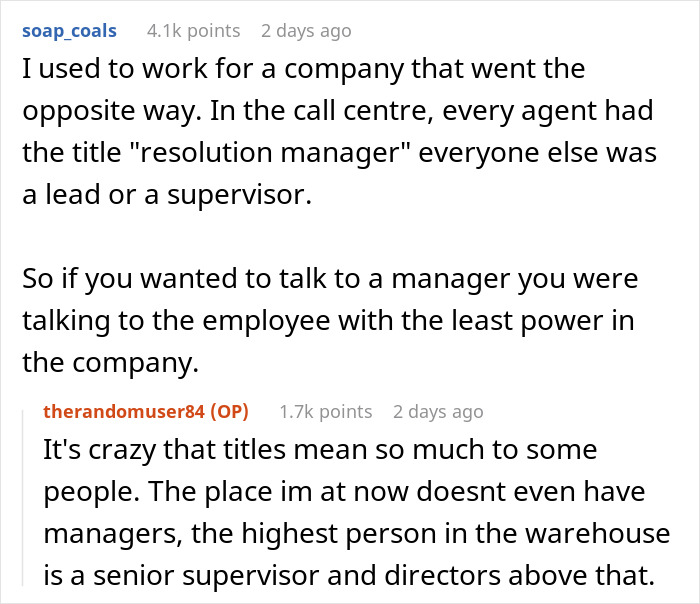





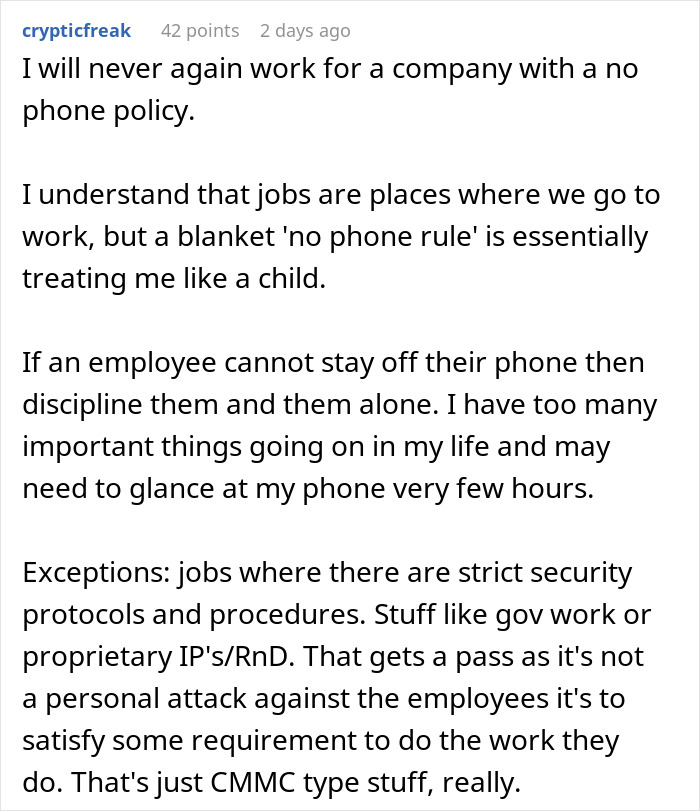





32
1